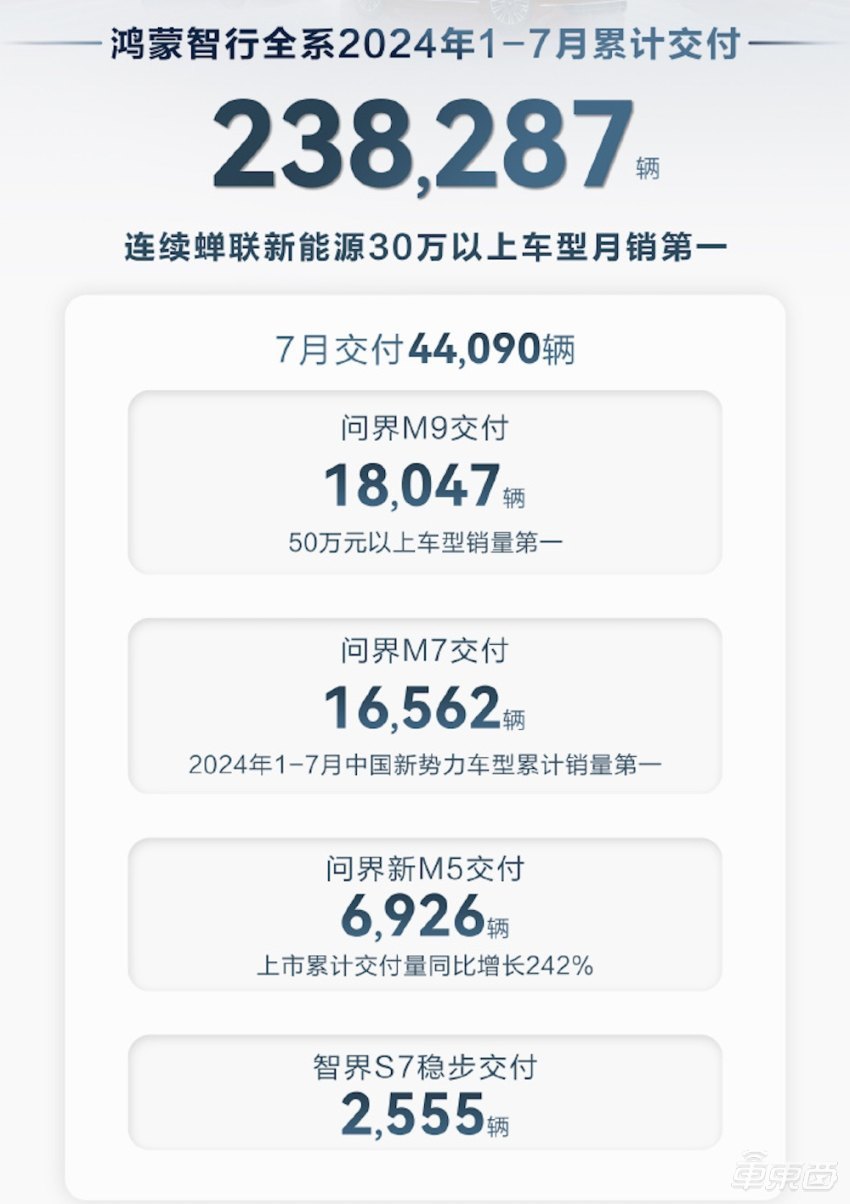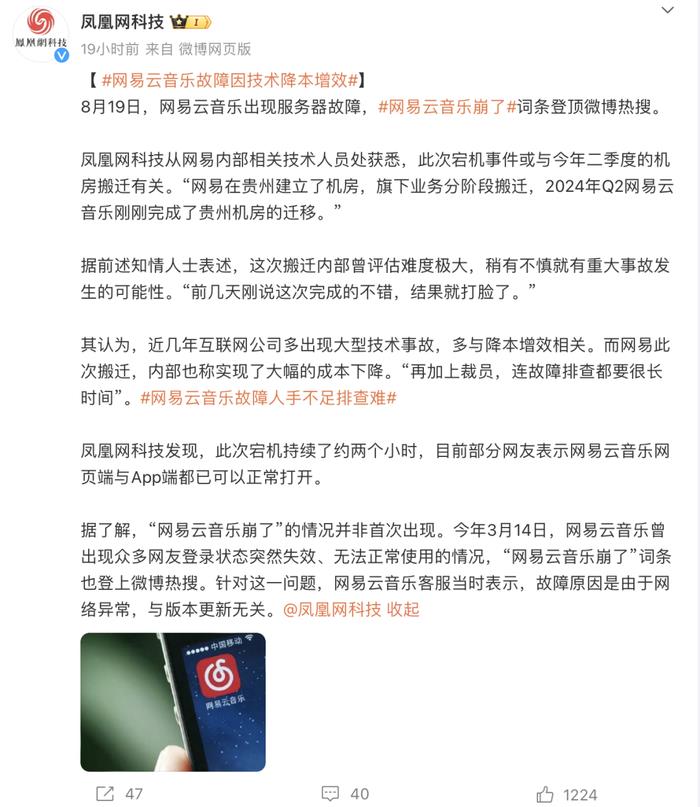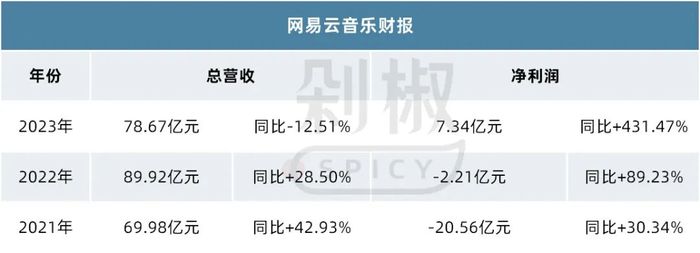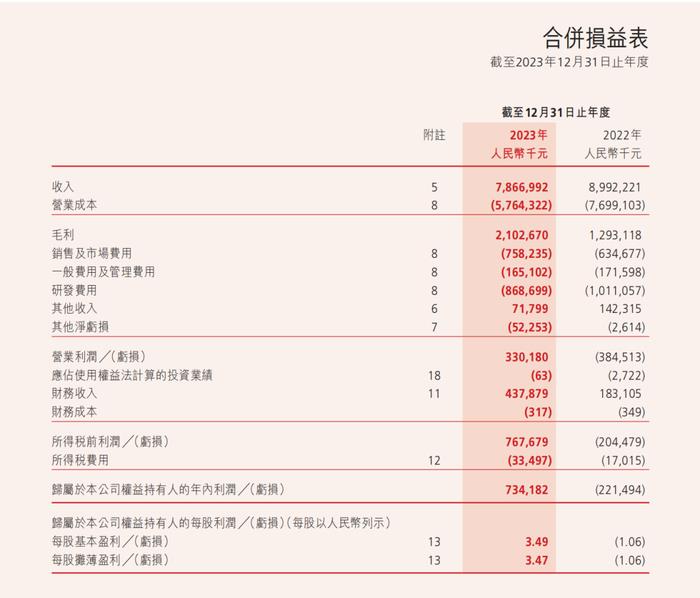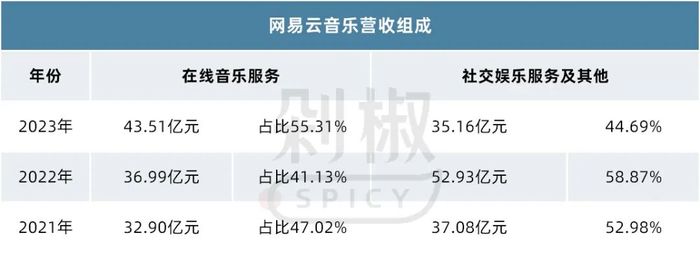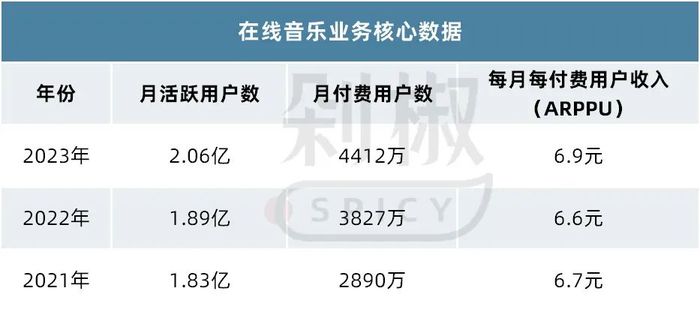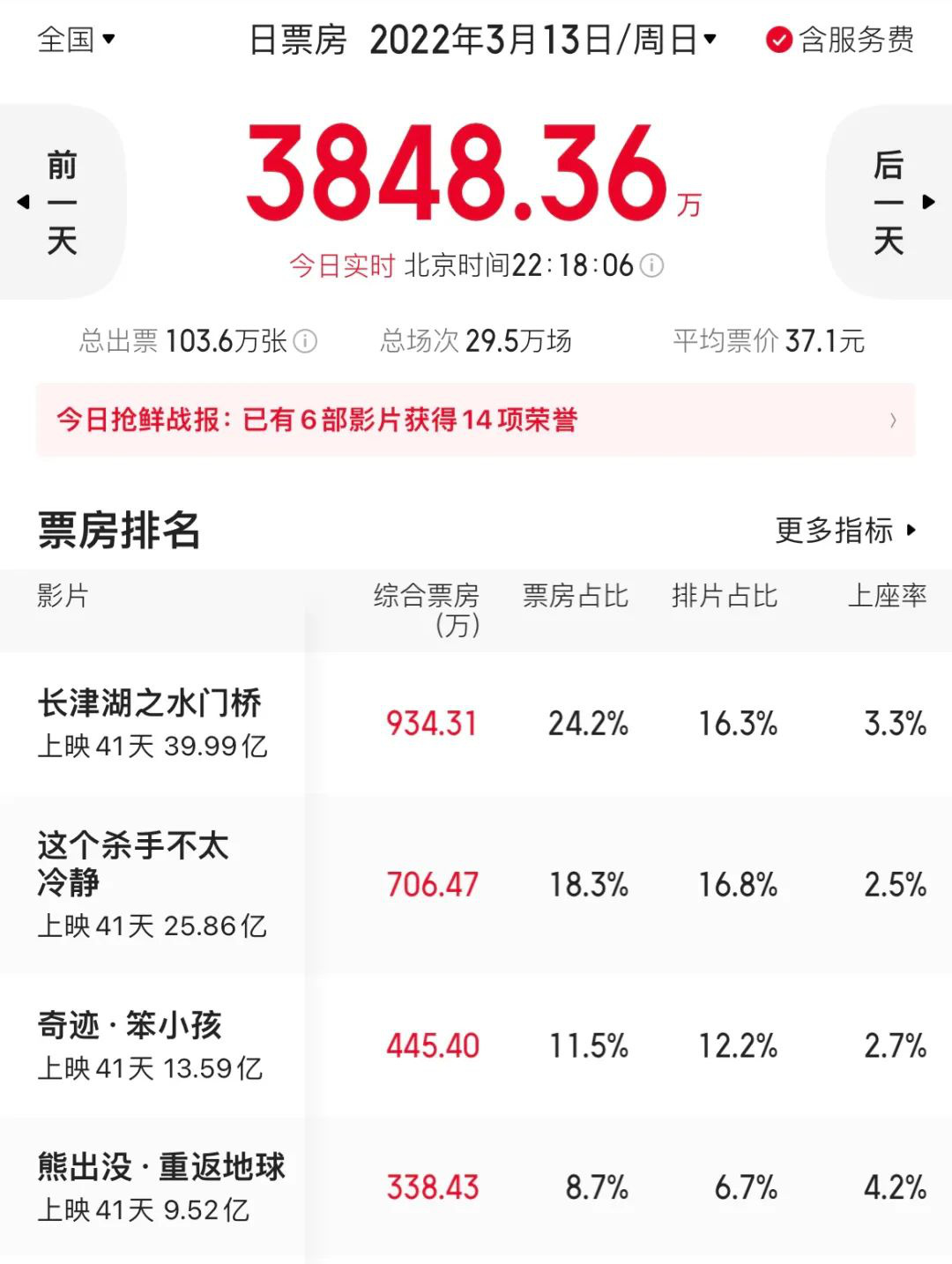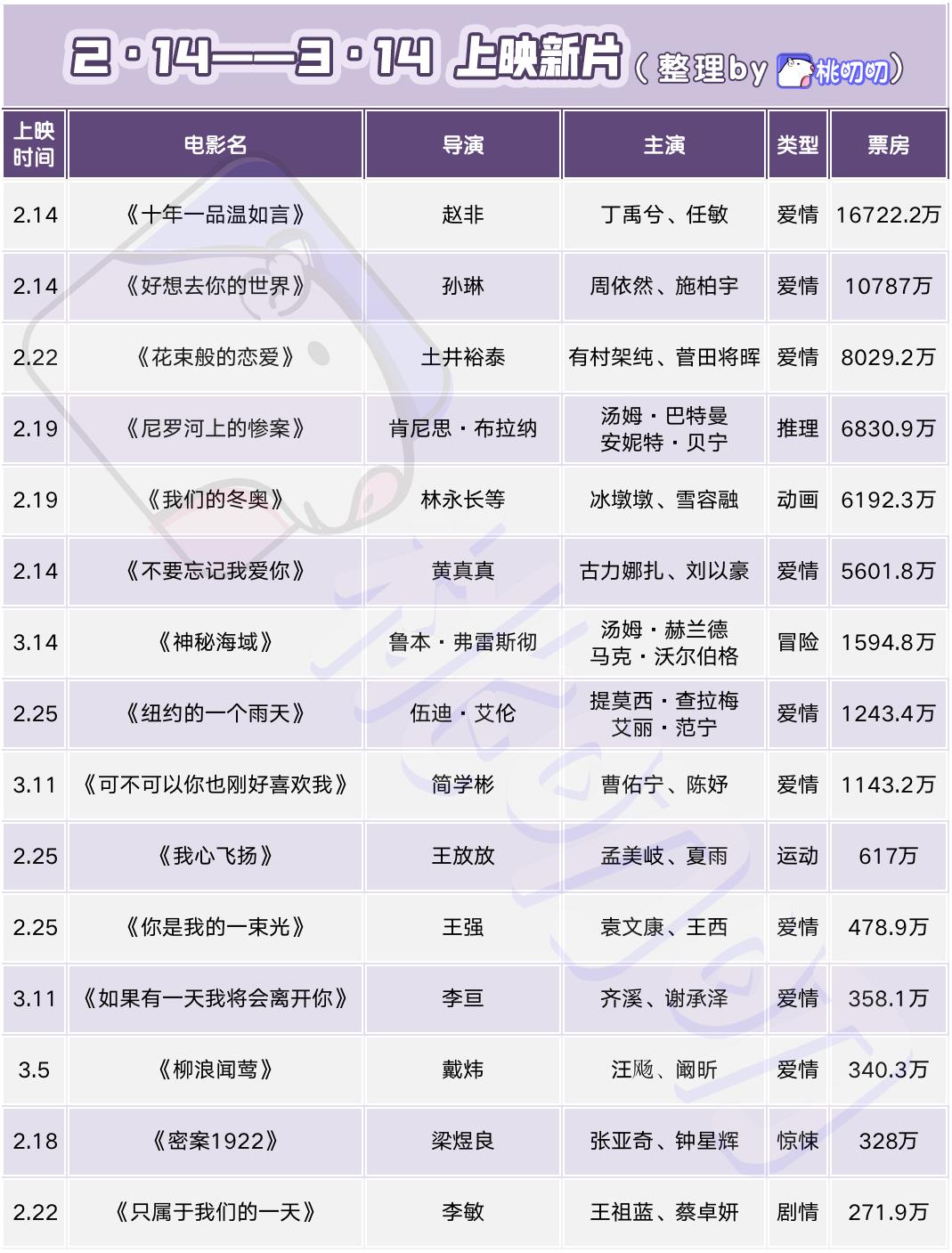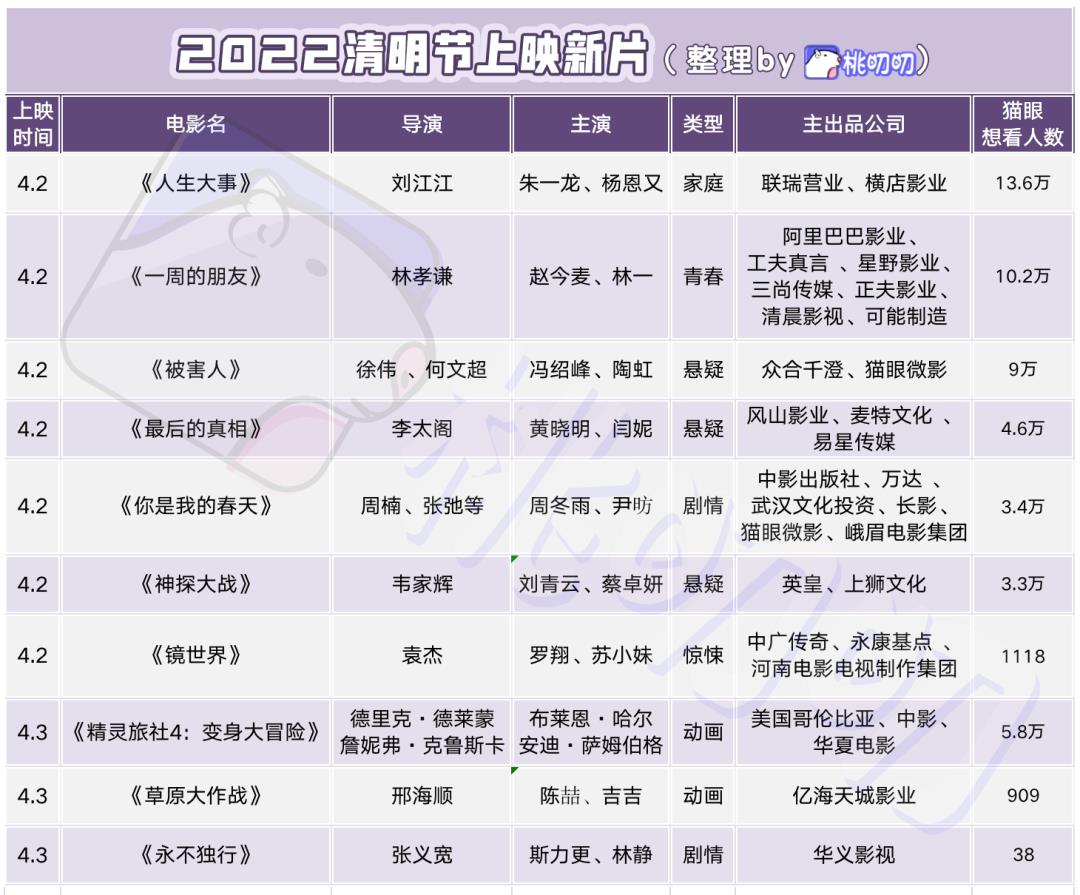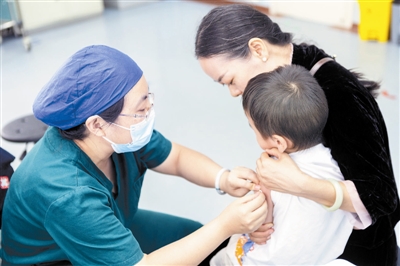
Yesterday (April 9) morning, the Municipal Health and Wellness Committee held a press conference on "Seasons and Health" (Spring), focusing on prevention tips for common infectious diseases in spring. At the same time, relevant experts have also given health science to hot health topics such as weight management and allergy prevention in spring.
Key words tips for preventing common infectious diseases
Vaccinate related vaccines in time.
Do a good job in health monitoring
Wear a mask scientifically
Seek medical advice immediately if you feel unwell.
The food is cooked thoroughly.
Do a good job of personal protection
Maintain hand hygiene.
Pay close attention to physical condition
Keep the indoor air fresh.
Open the window for ventilation every day.
Wash your hands for at least 20 seconds.
Washing fruits and vegetables with running water
Prevention of intestinal infectious diseases in spring and summer should be "food hygiene+environmental management+personal protection"
Recently, activities in Covid-19 have increased slightly.
"From the current monitoring data, the respiratory infectious diseases in this city are relatively stable in the spring of 2025." According to Wu Weishen, chief physician of the Institute of Infectious Diseases Prevention and Control of Tianjin Center for Disease Control and Prevention, April has entered the non-epidemic season of influenza, and the influenza virus is at a low level. Recently, the activity in Covid-19 has increased slightly, but the epidemic intensity is far lower than the peak in spring of 2024. Besides influenza and Covid-19, pathogens such as rhinovirus, common coronavirus and respiratory syncytial virus can also cause respiratory infectious diseases. This week’s respiratory multi-pathogen monitoring results show that common coronavirus and rhinovirus are in the forefront of pathogens causing respiratory infections in outpatient clinics, and respiratory syncytial virus and human metapneumovirus account for a relatively high proportion in hospitalized cases.
Spring is the season of high incidence of respiratory infectious diseases such as chicken pox and scarlet fever in this city, especially in schools and other collective units. Therefore, it is suggested that the elderly, high-risk groups with basic diseases and key groups such as students still need to be vigilant and do personal protection. People with basic diseases, the elderly and other key groups should still adhere to the scientific wearing of masks. It is recommended to wear a mask in crowded or poorly ventilated places, such as taking public transportation and going to public places such as hospitals and shopping malls. Moreover, it is very important to maintain hand hygiene, and the general public should develop the good habit of washing hands frequently, especially at critical moments such as before and after eating, before and after going to the toilet, and after touching public goods. If the conditions do not allow, you can use hand-free disinfectant to clean your hands. In addition, personal protection should be done during contact with animals such as poultry, and food of animal origin such as eggs and meat should be cooked thoroughly. Finally, keep the indoor air fresh. It is recommended to open the window for ventilation at least 2 ~ 3 times a day for 20 ~ 30 minutes each time. This helps to reduce the concentration of indoor pathogens and reduce the risk of infection. In addition to the prevention and control measures mentioned above, special attention should also be paid to: timely vaccination of chickenpox and other related vaccines to improve the immune level; Pay close attention to your physical condition. Once you have respiratory symptoms such as fever, cough and sore throat, you should seek medical advice in time and inform your doctor of your travel history and contact history.
At present, norovirus infection is at a high incidence.
Wu Weishen, chief physician of the Institute of Infectious Diseases Prevention and Control of Tianjin Center for Disease Control and Prevention, said that the recent risk and epidemic trend of intestinal infectious diseases in this city were the same as those in the same period of last year. At present, norovirus infection is in a high incidence period. According to the monitoring data in previous years, the epidemic situation will generally decline after entering April, and intestinal infectious diseases such as hand, foot and mouth disease will gradually increase.
Spring and summer are the periods of high incidence of intestinal infectious diseases. In order to help the public to prevent and protect their health scientifically, four public health tips are put forward:
1. Food safety is the key to prevention. Food should be cooked thoroughly, raw and cooked food should be treated and stored separately, and overnight food should be refrigerated and fully heated before eating. Fruits and vegetables should be washed with running water and peeled as much as possible.
2. Develop good personal hygiene habits, wash your hands with soap and running water before and after meals for at least 20 seconds each time, especially after touching public facilities, before and after meals, and after going out to go home.
3. Do a good job in environmental ventilation and cleaning and disinfection. Open the window regularly every day to keep indoor air circulation, and regularly clean and disinfect children’s tableware, clothes, toys and other items, as well as door handles and desktops.
4. Do a good job in health monitoring, and isolate yourself when there are symptoms such as diarrhea and vomiting to avoid infecting your family.
At the same time, spring and summer are also the high-incidence seasons of hand, foot and hip diseases. If children have fever, maculopapules or herpes on hands, feet and buttocks, and ulcers and herpes on oral mucosa or tongue, they may have hand, foot and mouth diseases, so they should seek medical attention in time. At the same time, observe the child’s state of consciousness, skin temperature of hands and feet, and limb jitter. Remember not to go to school sick.
In short, the prevention of intestinal infectious diseases in spring and summer should be "food hygiene+environmental management+personal protection".
Scientific weight loss, don’t believe in the "magic medicine" for weight loss.
Now there are many products related to weight loss on the Internet, and there are many advertised "magic drugs" to lose weight, claiming that eating them can "increase satiety" and "painlessly lose weight". In this regard, Zhang Qing, director and chief physician of the Health Management Medical Center of the General Hospital of Tianjin Medical University, said that the treatment of any disease should be based on the cause, as well as overweight and obesity. For overweight and obese people, except for a small number of people who are caused by heredity, disease or drugs, most overweight and obese people are due to the fact that they consume more energy than they consume, and because they consume too much high-energy food, they may also lead to insufficient intake of other nutrients. Therefore, most overweight and obese people have double problems of partial nutritional deficiency and overnutrition. Therefore, most of the "slimming drugs" just mentioned are based on the functions of reducing absorption and promoting excretion. Long-term application may lead to aggravated nutritional deficiency and is extremely unfavorable to health. Even if you "lose the scale", you will lose weight on the basis of losing your health.
To lose weight scientifically, we must start with the cause and follow a healthy lifestyle, including nutrition, exercise, behavior and psychological guidance as the whole basic management. The implementation of the weight loss plan should emphasize long-term persistence and gradual progress, mainly including reducing dietary energy intake, increasing physical activity and other behavioral changes that are beneficial to weight loss. Adjusting the diet structure scientifically and cultivating healthy eating habits are the keys to controlling weight and improving health. It is suggested that overweight and obese adults should make a weight loss plan according to the weight loss target time. At the initial stage of weight loss, they can strengthen the on-site guidance of lifestyle under the guidance of doctors and conduct long-term follow-up to maintain the effect of weight management. There is no shortcut to losing weight, but health is the key. Don’t blindly pursue rapid slimming, so as not to damage your health.
Four allergens are easy to cause skin diseases.
Spring is the high incidence of allergic diseases. According to Li Junying, chief physician of dermatology department of affiliated hospital of Tianjin Research Institute of Traditional Chinese Medicine, there are mainly four kinds of allergens that are easy to cause skin diseases in spring, so it is necessary to strengthen prevention. The first is plant pollen, including tree pollen and grass pollen. Common tree pollen such as poplar, willow and cypress; Grass pollen is easy to be ignored by everyone. Its particles are small, easy to adhere to the skin and go deep into the respiratory tract, causing allergic symptoms of the skin and respiratory tract. Common ones are wormwood and ragweed. Therefore, it is recommended that sensitive people avoid staying in areas with lush vegetation for a long time, especially in dry and windy weather. If you go out, wear masks and goggles, clean your face and nose in time after you go home, and change clothes in time. The second category is dust mites, which are easy to breed due to factors such as rising humidity in spring and insufficient cleaning of bedding. It is found that there may be 1000 ~ 10000 mites in each gram of dust, so it is recommended that you regularly wash bedding with hot water above 60℃, and sensitive people can use anti-mite bedding; Keep the room ventilated and dry, and the air conditioning filter screen should be cleaned and disinfected in advance. The third category is mold, which is accelerated by the rising temperature in spring. Bathroom corner, kitchen sink, air conditioning filter screen and indoor green soil are all high-risk areas. Therefore, it is recommended that you clean these damp areas in your home regularly. The fourth category is insect-related allergens. Mosquitoes are active in spring, which may cause papular urticaria and insect bite dermatitis after biting. Therefore, it is recommended that you wear long-sleeved clothes when you are outdoors, spray insect repellent and install screens at home.
Finally, I will give you some tips: First, pay attention to the pollen concentration forecast of meteorological departments and plan your trip reasonably; Second, the home environment is kept clean and dry; Third, if there are serious allergic symptoms, such as persistent breath holding and facial edema, you need to seek medical attention in time.







